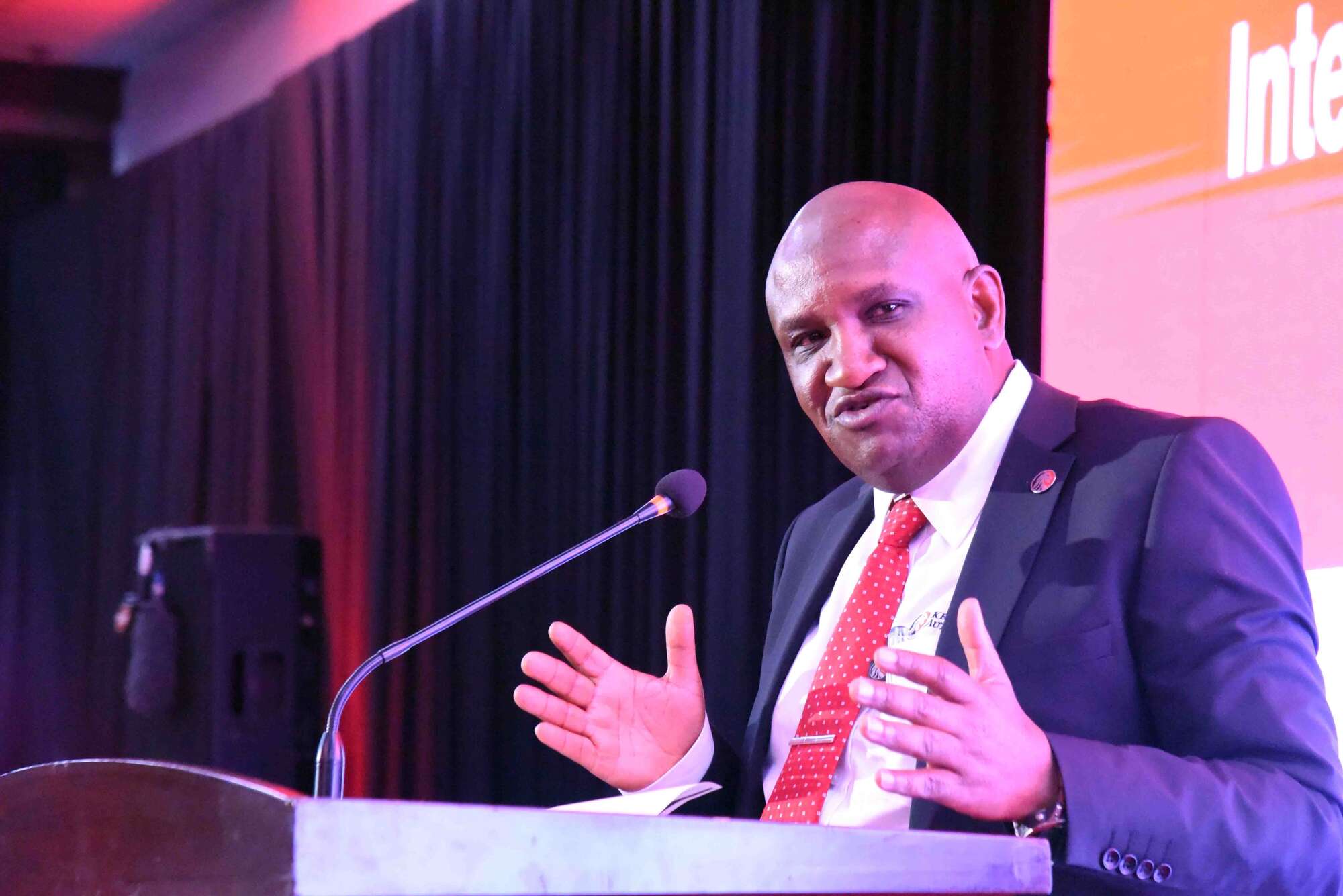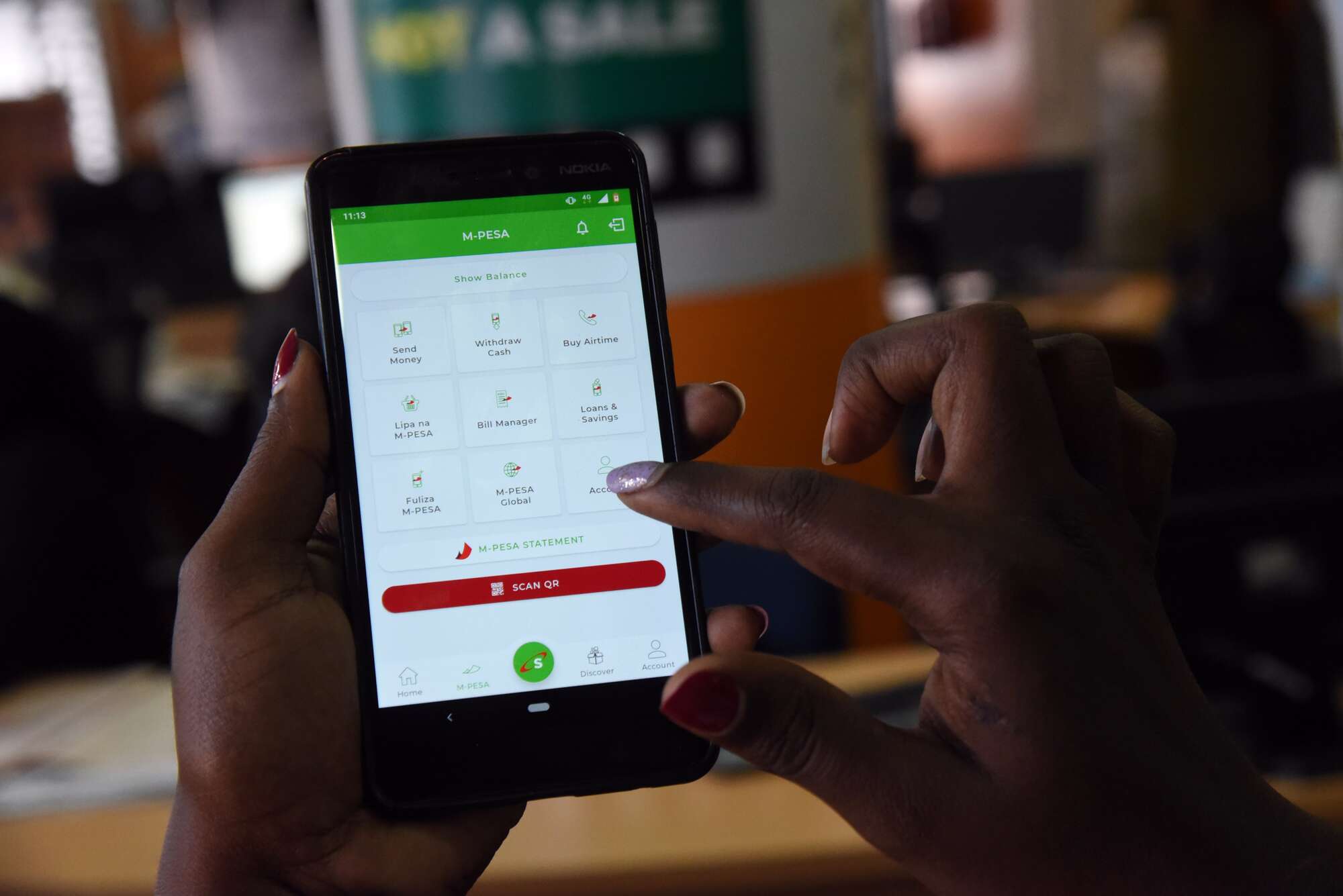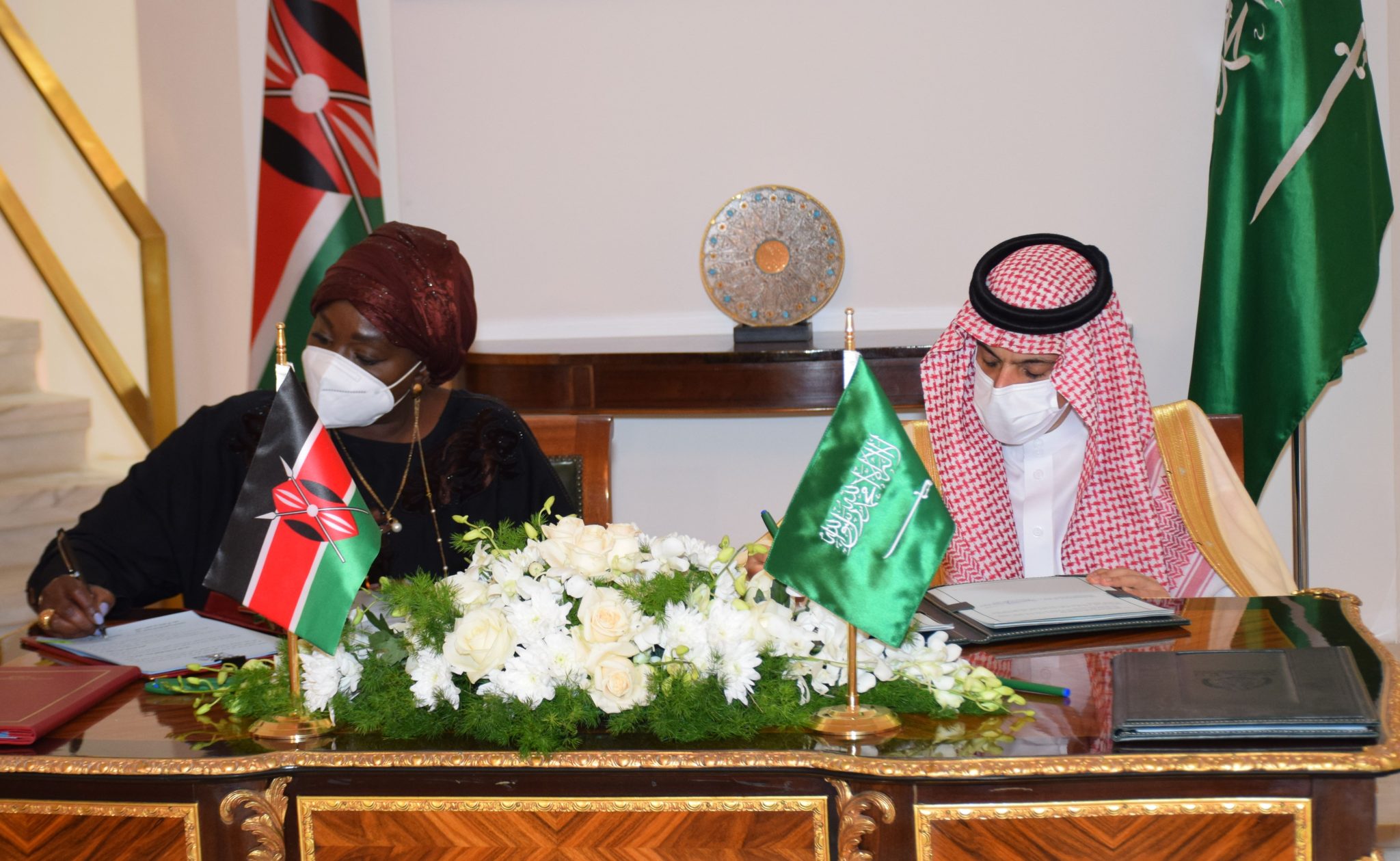The Kenya Revenue Authority (KRA) has flagged mobile telecom operators for potential under-declaration of airtime, Internet, and mobile money transaction sales.
The taxman said that the telcos, among the biggest taxpayers, will be integrated into its tax system, giving it real-time access to the transactions and requiring the companies to repay taxes daily.
The taxman claims that by connecting its tax collecting system to mobile finance networks, it will be able to access merchant accounts for payments and identify dishonest dealers.
After a successful pilot with betting enterprises, KRA commissioner-general Githii Mburu said the telcos are the next destination for integrating tax systems.
“Telcos pay a lot of taxes, but there’s a lot more room for improvement if we use technology to integrate and keep an eye on it regularly. To ensure we get the whole range of transactions in that area, we will also receive taxes daily from those telecommunications providers, Mr. Mburu stated on Thursday.
“We are confident we will be collecting the appropriate amount of taxes once we ensure that we have that entire scope and we are not depending on the self-declarations.”
According to tax experts, the KRA and telecom carriers may need technology to handle everyday payments.
They also questioned the legitimacy of the daily tax payments, which are a part of the taxman’s relentless campaign to “collect every shilling owed,” as directed by President William Ruto.
According to the Treasury, the government expects to raise tax revenue by 17% to Sh2.57 trillion in its upcoming fiscal year, which begins in July.
The telcos must pay excise taxes of 20 percent on the sale of airtime and data bundles and 12 percent on money transfer services like Safaricom’s well-known M-Pesa.
Mobile network subscribers additionally pay value-added tax (VAT) at the regular rate of 16% on airtime and the Internet, making mobile phone use a significant source of revenue for the government.
Kenya’s top mobile provider is Safaricom, and most citizens utilize M-Pesa and other services to send money, save money, borrow money, and purchase products and services.
The Treasury added that in addition to targeting mobile phone money accounts, the government would also like to increase consumption taxes and ensure that property owners pay their due amount.
The taxes must be paid by the 20th of the following month by present law.
“Only if the technology allows it can you pay taxes on a daily basis. Nikhil Hira, a partner at tax advisory firm Kody Africa LLP, said: “I assume if there is any interface between the KRA i-Tax system and telcos’ system whereby you are daily, as a transition occurs, ensuring the tax on it goes to some portal… and at the end of the day, it must be transferred. Do the telcos have the technology to support this, is the question.
According to the KRA, the technology eliminates self-declarations by telcos on the sales of airtime and data, as well as transaction fees on money transfer services. This technology has already been integrated with 17 betting companies.
Instead, the system will record these interactions in real time.
The KRA claims that the daily submission of taxes on a trial basis and the real-time monitoring of transactions on specific betting platforms like SportPesa have caused some companies’ receipts to increase by as much as 50%.
The taxman predicts that mobile network companies will follow this path.
First, according to Mr. Mburu, “we are looking at the telecoms, the transactions they produce, and the taxes we should be collecting from those transactions.”
We’ll also utilize that information to narrow our attention to other companies and people who have been profitable but have eluded our dragnet. Therefore, we will also pay close attention to the till and pay-bill numbers and to every digital transaction for which we should collect taxes.
The chief taxman should have disclosed the intended interlinkage with the telcos’ goal month. Although he hinted that Dr. Ruto’s first budget would begin the following fiscal year, he made it clear that real-time monitoring of the transactions and daily remittances will be crucial in meeting the income objective of Sh3 trillion.
To reduce the burden on our borrowing, Mr. Mburu stated, “We are doing all necessary to ensure that we beat our target by a significant margin.”
We put forth a lot of effort, and the government fully supports us. Dr. Ruto has made it quite plain in his messages that we must raise every shilling to relieve the debt burden.
Given the increasing number of subscribers to the network, which surpassed 65.4 million users in September of last year, the purchase and usage of mobile phones have emerged as a powerful generator of government revenues.
The purchase of the devices is subject to a 10% tax in addition to excise and VAT charges on airtime and data bundles, and borrowing on mobile phones is subject to a duty equal to 20% of the costs imposed by online lenders.



